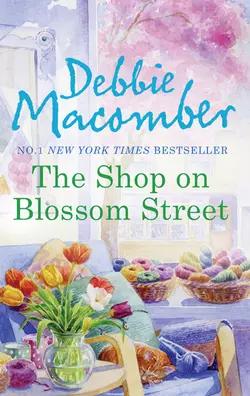The Shop on Blossom Street

Debbie Macomber
Тип: электронная книга
Жанр: Современные любовные романы
Язык: на английском языке
Стоимость: 150.68 ₽
Статус: В продаже
Издательство: HarperCollins
Дата публикации: 16.04.2024
Отзывы: Пока нет Добавить отзыв
О книге: Perfect for fans of Maeve Binchy′ – CandisNO. 1 NEW YORK TIMES BESTSELLERCan you tell from first impressions whether someone could become your closest friend?Thirty year-old Lydia has survived cancer twice. She’s determined to embrace the future, but is she brave enough to risk falling in love?Image-conscious Jacqueline is in her mid-forties with an empty marriage. She’s devastated that her son has married beneath himself.High-powered thirty-seven-year-old Carol longs for a baby. After two failed IVF attempts, she’s hoping for one last miracle.After a tough childhood, young Alix is angry and defensive. But meeting a special someone from her schooldays may make her change her ways. None of these women could ever have guessed how close they would become or where their friendship would lead them.Make time for friends. Make time for Debbie Macomber.